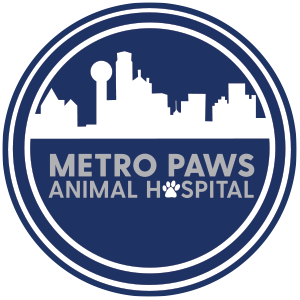Commitment – Involve all family members in the care of your new puppy. Consider assignments for feeding, bathing, walking, etc. Caring for a puppy is huge responsibility and everyone should be involved. Puppies require a lot of attention and love.
Equipment – Make sure that your puppy has all the necessary equipment to be safe and happy – leash, collar, id tag, crate, fenced yard, safe toys, etc.
Potty Training – Decide where your puppy will potty. This should be their first stop after eating, sleeping, or playing. If your puppy is not in a place that it is appropriate to potty – they should be on a leash with you. Every time your puppy sneaks off to urinate or defecate in the house – your delay in verbal correction reinforces to them that this was acceptable behavior. Consistency is the key and vigilant supervision is the only way to ensure such repetition.
Socialization – Play with your puppy’s feet, tummy, and mouth. These forms of play help your puppy learn that you are the head of the pack. If bad habits are developing (snapping, barking, chewing, etc) – talk to your vet or seek early intervention with a behaviorist. Talk to the staff at MPAH for a behavioralist referral! Remember – your puppy only wants to please you. If he/she isn’t, you have likely not adequately communicated to your puppy how to do so.
Medical Care – Have your puppy examined by a veterinarian within the first 48 hours. Your puppy should be screened for congenital problems, as well as checked for intestinal or skin parasites that could be passed to your family. Additionally – your veterinarian can discuss with you the importance of preventive care (such as vaccinations and heartworm prevention) as well as spaying/neutering your new puppy.
